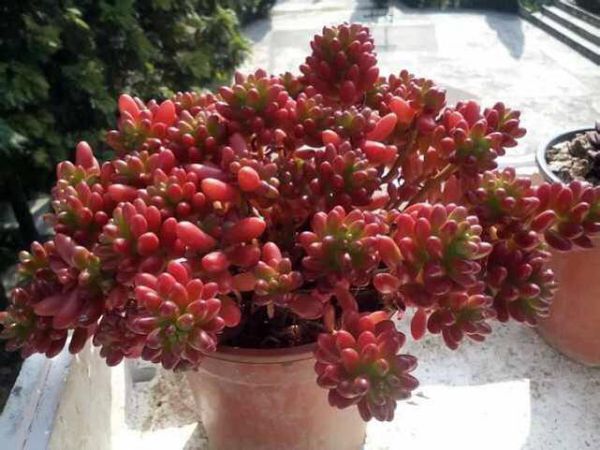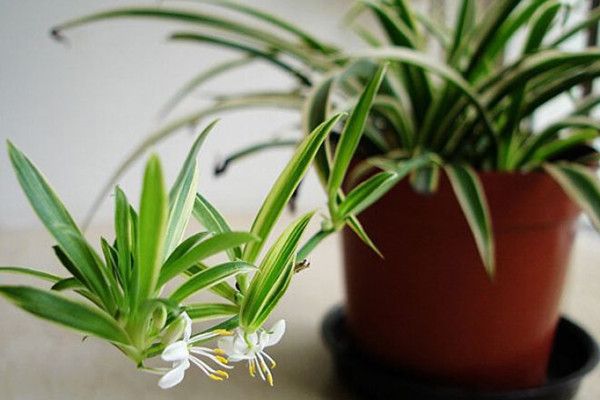Put these things in when turning the basin and let the flowers explode year after year.

Growing flowers is an attitude. I like growing flowers very much, but I am usually lazy and do not like fertilizing. The selected flowers are all simple and easy to raise. I do not have to spend too much energy to serve them. I would like to share this piece of flower fertilizer with you today. If you want flowers to grow well, it is essential to spend fertilizer.
Commonly used chemical fertilizers such as compound fertilizers are easy to cause soil hardening, and some flower fertilizers on sale in the market are also a good choice. Today, I mainly share organic fertilizer with you. There is no need to add it. It is mainly added directly to the bottom of the basin when the flowers change pots, saving the trouble of adding flower fertilizer halfway.
Plant ash
It is quite common in rural areas. When they were young, their families often sprinkled plant ash into the vegetable garden, mainly to prevent diseases and insect pests. Similarly, when growing flowers, they can be scattered in flowerpots and can also put diseases and insect pests. Some fruiting potted plants can also grow fruit after using plant ash. However, flowers such as rhododendron, gardenia and other acidic soil can not be used.
Bone powder
Friends who are not afraid of trouble can try this, clean the leftover bones at home, disinfect and press them into powder, and bury them in the bottom of the flowerpot, which can promote the potted plant to blossom more and make the rhizome stronger.
Oil withered
Every year, all the oil withered after frying rapeseed at home is left behind. If you don't have it, you can go to the place where you press the oil to buy some, which is very cheap. When planting flowers, you can mix some in the soil, which is also a very good fertilizer.
Eggshell
The usual eggshells are accumulated, dried, treated into powder and buried in flowerpots, which is also a very good fertilizer.
- Prev

Prevention and control of diseases in family orchid cultivation
Prevention and control of diseases in family orchid cultivation
- Next

Wine is not only food for saints, but also food for flowers, which is better than any flower fertilizer.
Wine is not only food for saints, but also food for flowers, which is better than any flower fertilizer.
Related
- Fuxing push coffee new agricultural production and marketing class: lack of small-scale processing plants
- Jujube rice field leisure farm deep ploughing Yilan for five years to create a space for organic food and play
- Nongyu Farm-A trial of organic papaya for brave women with advanced technology
- Four points for attention in the prevention and control of diseases and insect pests of edible fungi
- How to add nutrient solution to Edible Fungi
- Is there any good way to control edible fungus mites?
- Open Inoculation Technology of Edible Fungi
- Is there any clever way to use fertilizer for edible fungus in winter?
- What agents are used to kill the pathogens of edible fungi in the mushroom shed?
- Rapid drying of Edible Fungi

